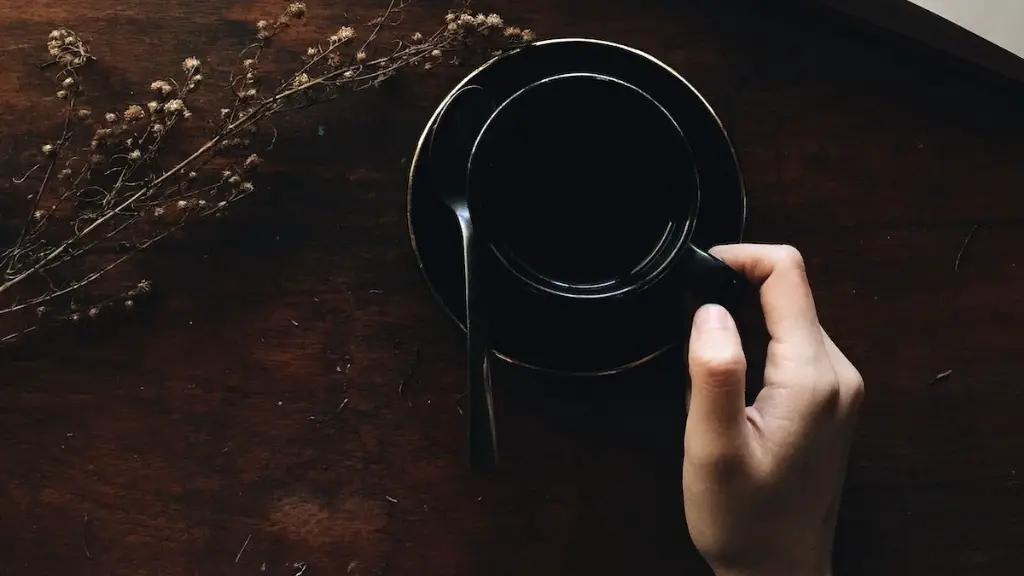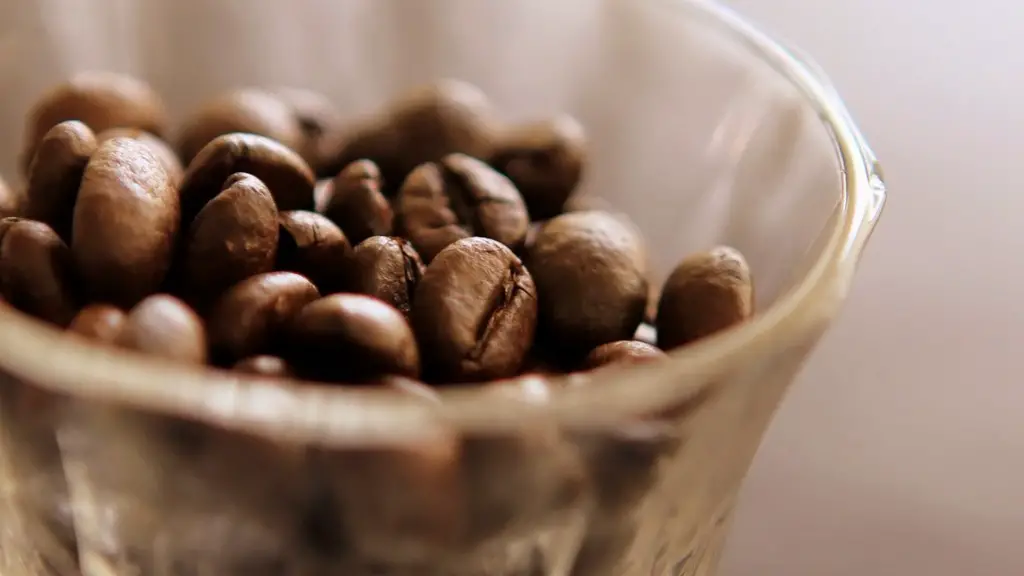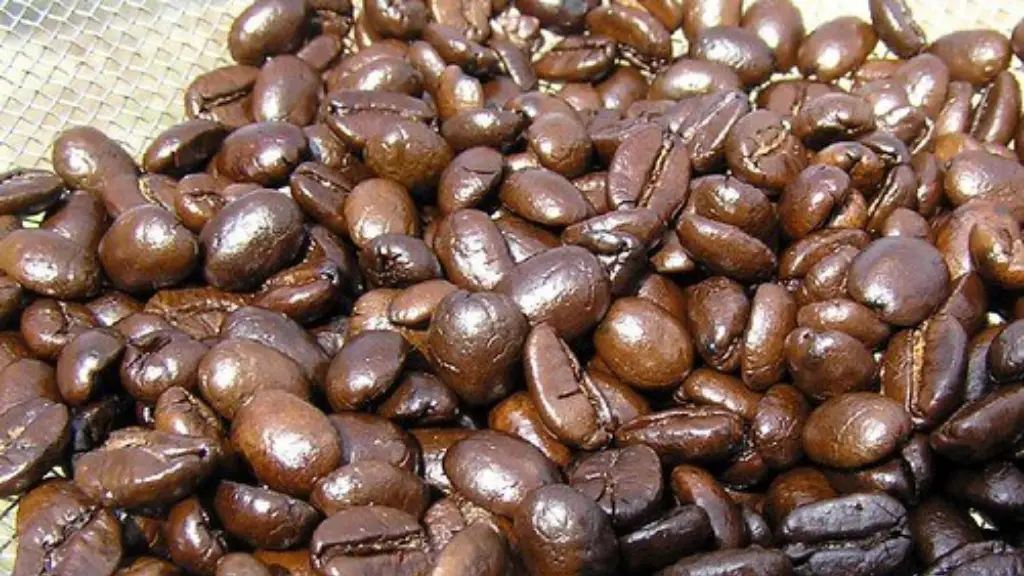Background Information on Fasting For a Blood Test
Fasting for a blood test typically requires someone to abstain from eating or drinking anything besides water in the hours leading up to the test. Depending on the type of test, fasting may need to continue for 8 to 12 hours. Fasting is advised so that the results of the test are a true reflection of the person’s health, and any food and drink consumed around the time of the test does not distort or mask the true indicators of health.
Pros and Cons of Drinking Coffee When Fasting For a Blood Test
The most pressing question on many people’s minds is whether coffee should be considered as part of the fasting period for a blood test. Coffee does contain some calories, and it is true that these can affect the accuracy of a blood test result. On the other hand, coffee is considered a low-calorie beverage that does not necessarily need to be taken into account in terms of fasting before a test.
Views of Professionals
For most tests, it is safe to drink coffee while fasting. Most healthcare professionals agree that a cup of black coffee with no added sweeteners or cream is permissible. However, healthcare providers often suggest avoiding coffee – or any other food or drink – before fasting for a blood test unless the doctor has specifically said otherwise. It’s best to check with a doctor or healthcare professional before having any kind of caffeinated beverage before a blood test.
The Impact of Caffeine on Blood Test Results
Caffeine can potentially affect certain test results, such as blood glucose levels, cholesterol, and triglycerides. Caffeine can also elevate blood pressure, which can have an impact on the results of tests for kidney or liver functions. A cup of coffee can temporarily raise blood glucose levels and triglyceride levels, so if these statistics are being tested, it would be sensible to avoid coffee.
The Role of Artificial Sweeteners
If people are finding it too difficult to go without coffee while fasting, they could consider switching to a black coffee with no added sweeteners. Artificial sweeteners and other types of low-calorie sweeteners can disrupt some of the results of a fasting test, so it is best to avoid these when possible.
Alternative Beverages
While caffeine is generally safe for most blood tests, non-caffeinated beverages can also help people if they are feeling thirsty or weak during the wait for the test. Some of the best beverages for someone who is fasting for a blood test include water, herbal tea, low-calorie sports drinks, or sparkling water with a twist of lime or lemon.
Decaffeinated Coffee vs. Regular Coffee
Decaffeinated coffee should not be confused with regular coffee, as some decaffeinated versions may still contain small amounts of caffeine. It is always better to check with a healthcare provider before drinking any type of coffee, decaffeinated or otherwise. Decaffeinated coffee is not recommended for someone who is fasting for a blood test, since there is still a risk that it could affect the accuracy of some test results.
Dietary Supplements and Fasting for a Blood Test
It is widely suggested that dietary supplements – such as vitamin pills and any type of herbal remedies – should be avoided when fasting for a blood test. These products can interfere with blood sugar levels, as well as other factors that could affect the accuracy of test results.
Alternatives to Fasting for a Blood Test
If people are unable or unwilling to fast for a blood test, there are some alternatives that healthcare providers may suggest. One option is to drink only water for the 12 hours before the test and to limit calorie intake for the duration. Alternatively, people can maintain their regular diet and take care to eat nutritious foods, such as whole grains, lean proteins, and vegetables.
The Bottom Line
When it comes to drinking coffee while fasting for a blood test, the bottom line is that it is best to avoid it if possible. If a person is not able to go without coffee, they should drink a cup of black coffee with no added sweeteners or cream. It is always wise to consult with a healthcare professional before having any type of caffeinated beverage before a blood test.


